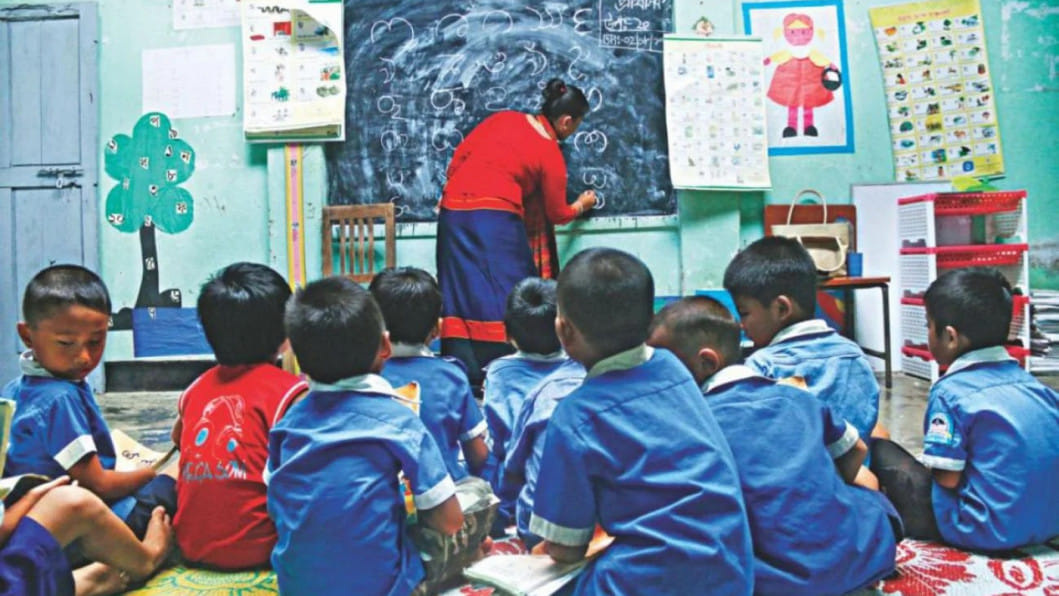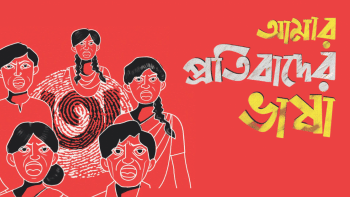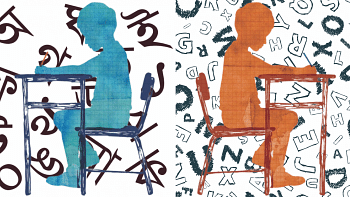The importance of learning in one’s mother tongue

Language is not only important for communication, it is also a tool for intellectual and mental development. Research shows that education in one's mother tongue is a key factor in improvement of learning outcomes and academic performance. This is crucial, especially in primary school, to avoid knowledge gaps and increase the speed of learning and comprehension.
On the other hand, research has shown that children getting education in a language other than their mother tongue suffer from a disadvantage. The benefits of mother tongue in education are so great that the World Bank, when it measures "poverty in education", uses the percentage of recent primary school graduates who can read and learn at a specified level in their mother tongue as a measuring stick.
Conversely, the medium of instruction being any language besides the mother tongue fails to offer the beneficial effects of learning and child development. Unesco says that large segments of the world population suffer from a lack of opportunity for schooling in their mother tongue. Unesco estimates that about 400 million children all over the world are disadvantaged because of this. That is why attempts are being made worldwide to redress this barrier to learning wherever possible. In Bangladesh , in recognition of this hindrance, communities like the Chakma, Garo, and others use their mother tongue up to the primary level. The government already has a curriculum approved and supplied for these communities.
In Bangladesh, we are fortunate that the mother tongue of most people is Bangla, a well-developed language spoken by over 300 million people all over the world. Yet, our country has a peculiarity in its education system, with English being a prioritised medium of instruction.
We do not have any estimates of how many Bangladeshi Bangla-speaking children are undergoing education with English as a medium of instruction. But whatever the number, do their parents know that they are putting these children at a disadvantage in terms of learning and development?
English in our country has the legacy of a colonial past. The British introduced English in colonised India with the explicit intention of making the people of the region anglophones and even anglophiles. The British colonial past has not only imposed the language on us, it has also spawned a "mindset" which has been lethal. We could not shake off English after independence from British rule in 1947.
The government remained unresponsive to the rise of a private system of education and allowed it to grow uncontrolled. English medium schools, with the patronage of the elite and privileged, grew rapidly in Dhaka and other metropolitan areas. Even middle-class parents started sending their children to private English medium schools, at costs they could ill afford.
After Bangladesh's independence in 1971, the government decided to have Bangla medium education at all levels, including the tertiary level. It was an emotional moment in the history of Bangladesh, and also a period of turmoil when education plunged into disarray. The consequent disruption to the public education system caused alarm in the country. In the absence of a definite plan by the government, the intelligentsia failed to come out with its own action plan to mitigate the shortages of suitable books in Bangla for tertiary education.
In the meantime, the privileged classes of society moved towards setting up private institutions. This tendency rapidly evolved into the promotion of English medium schools. The government remained unresponsive to the rise of a private system of education and allowed it to grow uncontrolled. English medium schools, with the patronage of the elite and privileged, grew rapidly in Dhaka and other metropolitan areas. Even middle-class parents started sending their children to private English medium schools, at costs they could ill afford.
Then, regrettably, the government joined the English bandwagon by having the national curriculum and textbooks translated into English and encouraging yet another stream of school education.
What is prompting this rush towards English medium education? What is the rationale behind this? What are the benefits?
The rush comes from a societal perception wrongly created by equating the benefits of English language skills with the medium of instruction. The fact that it is entirely possible to be adept in English if a student follows the public education system in Bangla is totally overlooked. English introduced in Class V, followed by seven years of English learning between Class VI and Class XII, should be enough to make the student capable and competent enough for an English education at the tertiary level. This is not a myth. This was true in the 1960s; there is no reason why, with far more opportunities for learning English today, students will not become proficient in the language.
What is happening to the children getting their education in English medium institutions? In actuality, parents are putting these children in great difficulty, making them learn through a language that is not their own. A segment of children educated in English medium may catch up in learning over time, but this likely will not happen for all students, putting them in jeopardy for future opportunities in life.
If we look at the outcome in tertiary education, we do not see a large presence of English medium students in public universities that by far maintain a higher standard of learning than the private universities in Bangladesh. English medium students prefer to go to private universities where admission is easier and competition for high grades is lower. Middle-class and poor parents continue to go through financial miseries because of the high costs of English medium schools and private universities. By confusing English proficiency with English as a medium of instruction, parents are doing a disservice to their children.
Jasimuz Zaman and Matilal Pal are volunteers for education and training for disadvantaged children in rural Bangladesh using the concept "Shikkher Shamajik Daayitto", and are co-authors of "Sustainable Quality Education in Rural Bangladesh; From Dream to Reality."

 For all latest news, follow The Daily Star's Google News channel.
For all latest news, follow The Daily Star's Google News channel. 











Comments